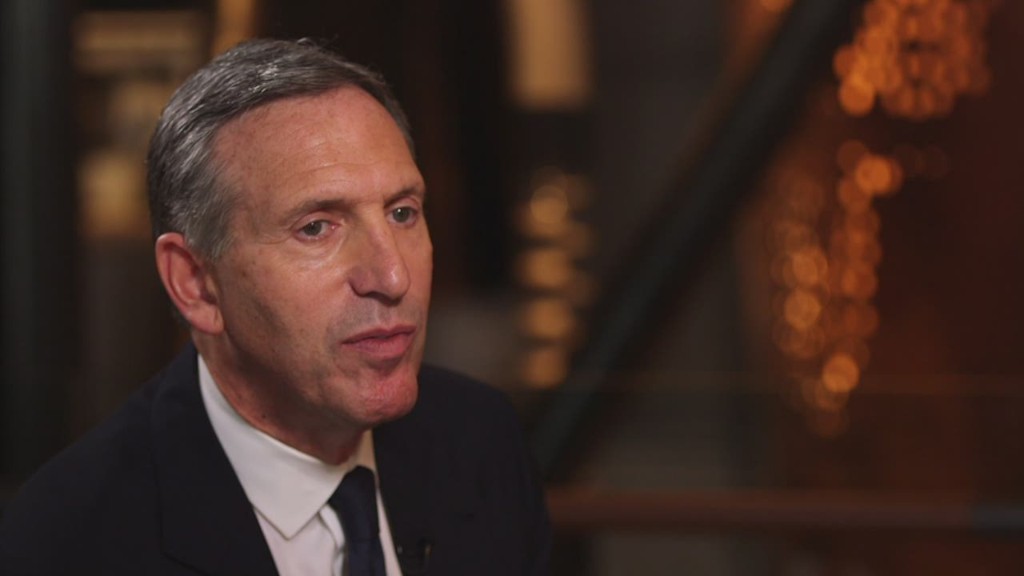
Score one for Seattle workers.
A federal judge ruled Tuesday that Seattle's minimum wage law will go into effect as planned, despite the objections of local franchise owners.
The ruling by U.S. District Judge Richard A. Jones is a victory for minimum wage workers, who will see their pay increase on April 1 to $11 from $9.47 an hour.
The judge rejected the argument that franchise owners, who are required to raise wages at a faster pace than small businesses, are at risk of going out of business.
"There is no actual evidence of the alleged negative impacts that plaintiffs fear will occur as a result of the faster phase-in schedule," the 43-page order states.
The International Franchise Association called the decision a "disappointment" and pledged to continue fighting for Seattle franchisees.
"The ordinance is clearly discriminatory and would harm hard-working small business owners who happen to be franchisees," said the franchise group's president Steve Caldeira. "It was never about Seattle raising the minimum wage to $15 wage, but rather the increase applied in a discriminatory way."
The group sued Seattle in June on behalf of five local franchises, including the owners of Comfort Inn and Holiday Inn hotel chains, as well as a local graphics business and a medical staffing agency. It asked the judge to temporarily reclassify franchises as small businesses. The order denies that request but doesn't mean the lawsuit is over.
The group says the ruling will impact 600 franchises with 19,000 workers in Seattle, including national chains such as McDonald's (MCD) and Subway, as well as franchises that have just one or two locations.
Related: Walmart ups pay well above minimum wage
Seattle approved a plan last year to raise the city's minimum wage to $15 an hour by 2017, putting it on track to have the highest rate in the country along with San Francisco.
Under the plan, large employers have until 2017 to raise wages to $15 an hour, while businesses with fewer than 500 employees have until 2021.
Franchise owners argue that they operate more like small businesses even though they may be technically part of a large national chain.
Related: Minimum wage increases will give raises to 3 million workers
Labor activists say franchises are highly-profitable corporations that do not deserve to be considered small businesses.
"It's obvious to anyone who's ever worked at a franchise outlet -- or even just eaten at one -- that these giant multibillion-dollar chains are highly standardized operations with resources that smaller independent operations do not have," said Sejal Parikh, executive director of Working Washington. "Ever notice that every McDonald's has the same food?"
Seattle Mayor Ed Murray welcomed the ruling, hailing it as a victory for fast food workers nationwide who have been pushing for higher wages.
"We must remember that the ongoing movement for wage equality in our nation was led by fast food workers from large franchise restaurants," Murray said in a statement. "Their actions sparked a national conversation about growing wage gaps."


